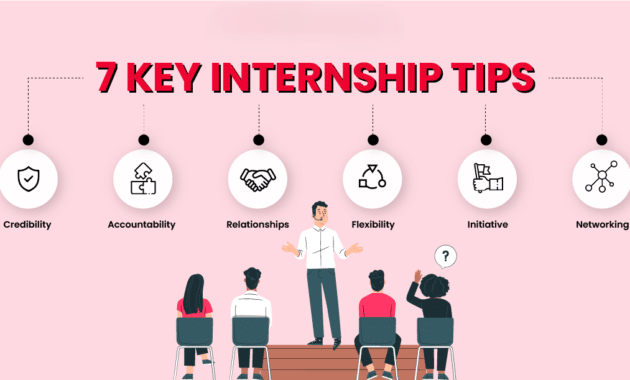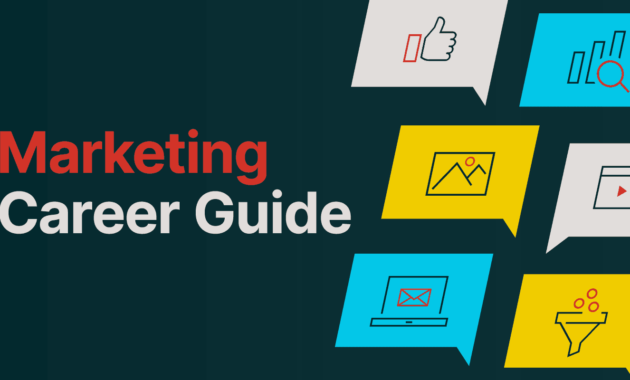In today’s competitive job market, securing a marketing internship can be a pivotal step in launching your career. Internships not only provide practical experience but also help you build a professional network and enhance your resume. Here’s a comprehensive step-by-step guide to help you land the best marketing internships.
Step 1: Define Your Goals

Before diving into the internship search, take time to define your career goals. Consider what area of marketing interests you most—be it digital marketing, brand management, social media, or market research. Understanding your aspirations will help you target internships that align with your interests and career trajectory.
Step 2: Build a Strong Resume and Cover Letter
Your resume and cover letter are your first impressions on potential employers. Tailor both documents to highlight relevant skills and experiences. Include any coursework, projects, or volunteer work related to marketing. Use action verbs and quantify achievements where possible (e.g., “Increased social media engagement by 30% through targeted campaigns”).
Step 3: Utilize University Resources

Most universities offer career services that can be invaluable in your internship search. These services may include resume workshops, mock interviews, and job boards specifically for students. Attend career fairs hosted by your university to connect with potential employers and learn about internship opportunities.
Step 4: Leverage Online Job Platforms
There are numerous online platforms dedicated to internship listings. Websites like LinkedIn, Indeed, Glassdoor, and Handshake are excellent resources for finding marketing internships. Set up job alerts to receive notifications about new postings that match your criteria.
Step 5: Network Actively
Networking is crucial in the marketing field. Attend industry events, workshops, and seminars to meet professionals in the field. Join relevant groups on LinkedIn and engage in discussions. Don’t hesitate to reach out to alumni from your university who are working in marketing; they can provide valuable insights and potentially refer you to internship opportunities.
Step 6: Prepare for Interviews
Once you’ve secured an interview, preparation is key. Research the company thoroughly—understand its mission, values, recent campaigns, and industry position. Be ready to discuss how your background aligns with their needs and how you can contribute to their team. Practice common interview questions related to marketing scenarios and be prepared to showcase your creativity.
Step 7: Follow Up After Interviews
After an interview, send a thank-you email expressing gratitude for the opportunity to interview and reiterating your interest in the position. This simple gesture can leave a lasting impression on hiring managers.
Also Read : Transfer Admissions: How To Successfully Transition To A New University
Conclusion
Landing a marketing internship requires strategic planning, proactive networking, and diligent preparation. By defining your goals, crafting a compelling resume, utilizing university resources, leveraging online job platforms, networking actively, preparing thoroughly for interviews, and following up afterward, you can increase your chances of securing an internship that will set the stage for a successful marketing career.
FAQs
1. What types of marketing internships are available?
Marketing internships can vary widely; common types include digital marketing, social media management, brand management, market research analysis, and content creation.
2. How important is prior experience for landing an internship?
While prior experience can be beneficial, many internships are designed for students without extensive backgrounds; relevant coursework or projects can also demonstrate your capabilities.
3. Can I apply for multiple internships at once?
Yes! It’s advisable to apply for multiple internships to increase your chances of securing one; just ensure you customize each application.
4. Are marketing internships typically paid?
Many marketing internships offer compensation; however, some may be unpaid or offer academic credit instead. Always clarify this before accepting an internship.
5. How can I make my application stand out?
Tailor your resume and cover letter for each application by highlighting specific skills relevant to the position; also consider including a portfolio of relevant work if applicable.
6. What should I do if I don’t hear back after applying?
If you haven’t heard back within two weeks of applying, it’s appropriate to send a polite follow-up email expressing continued interest in the position.




